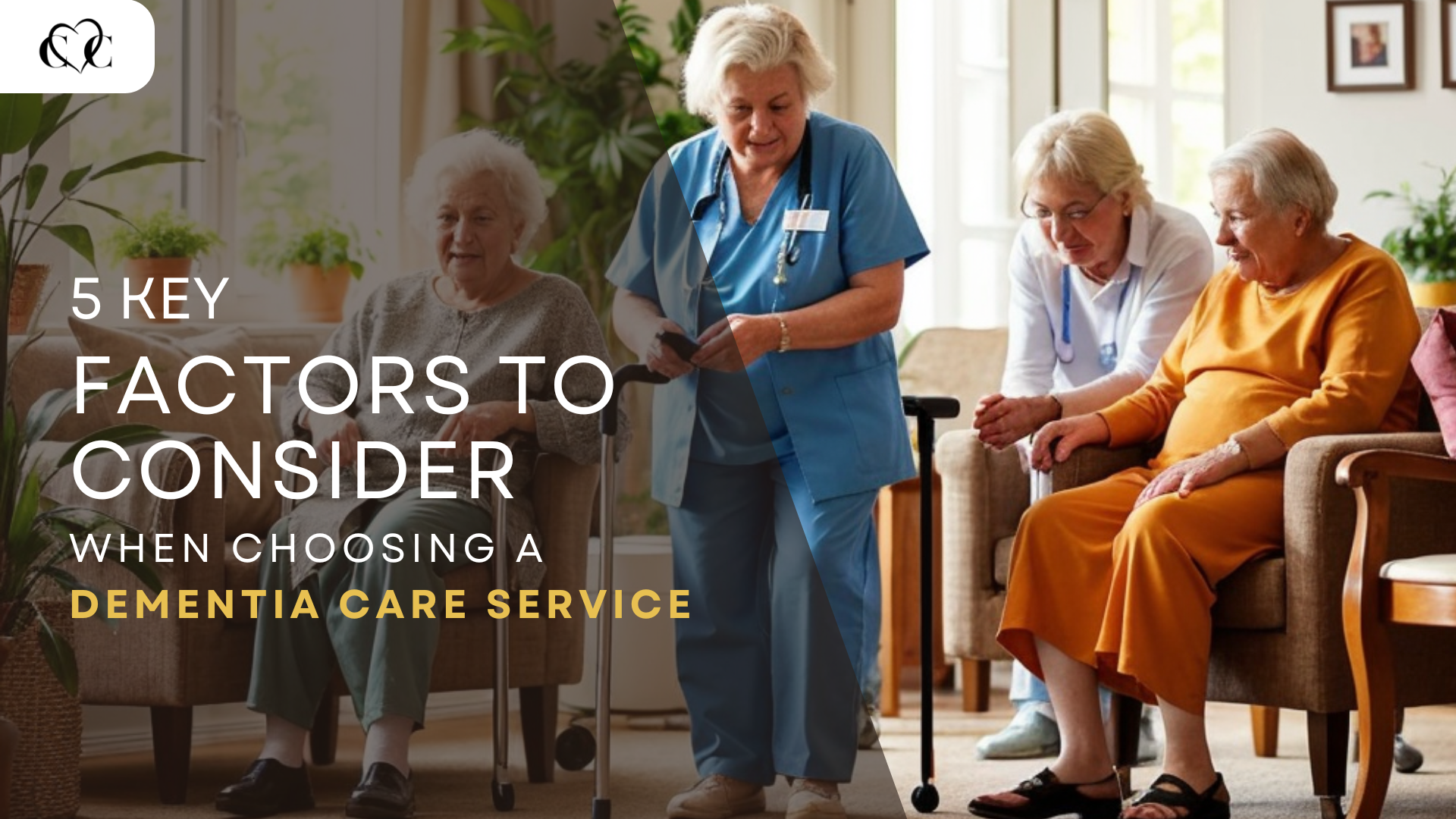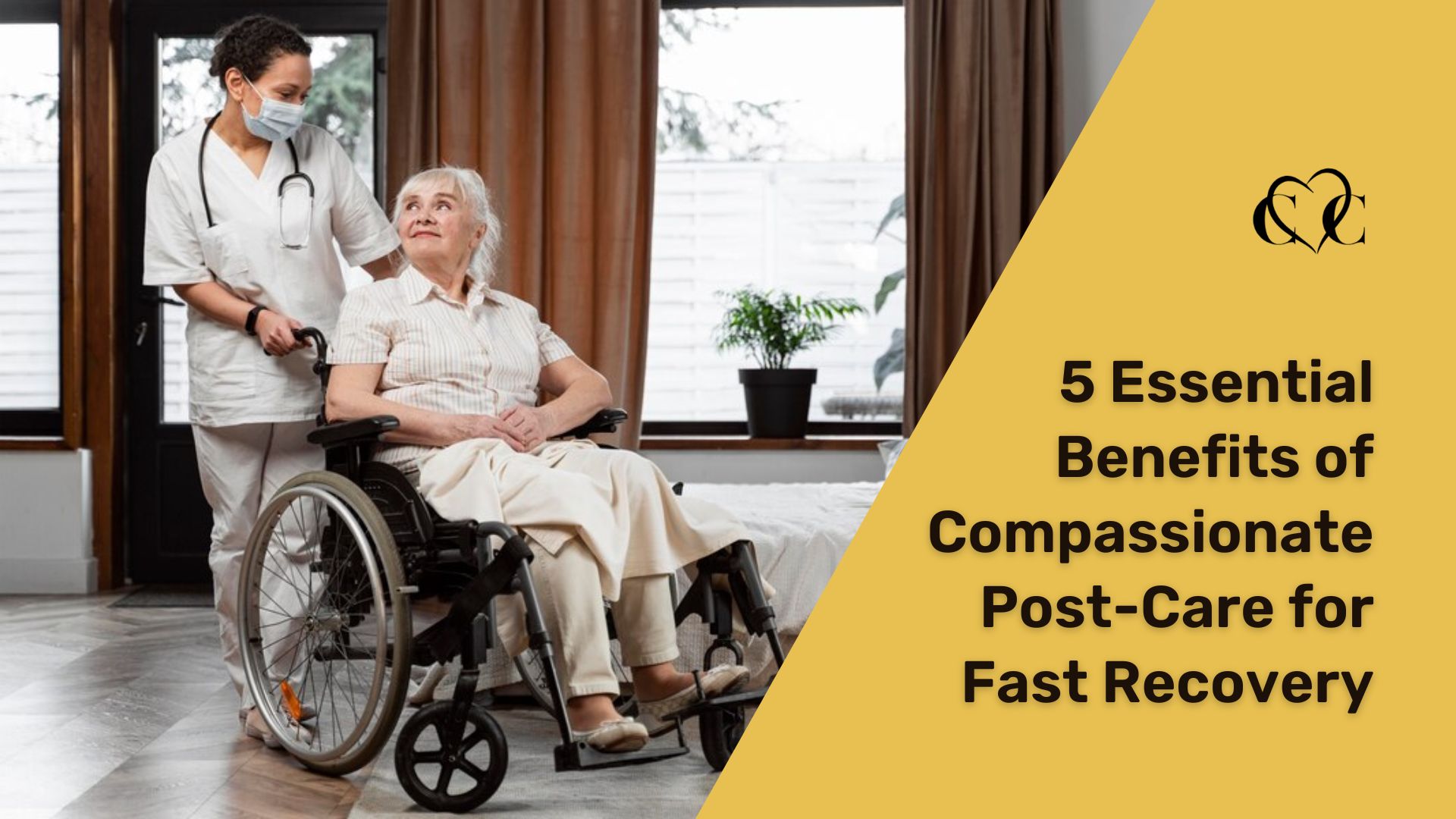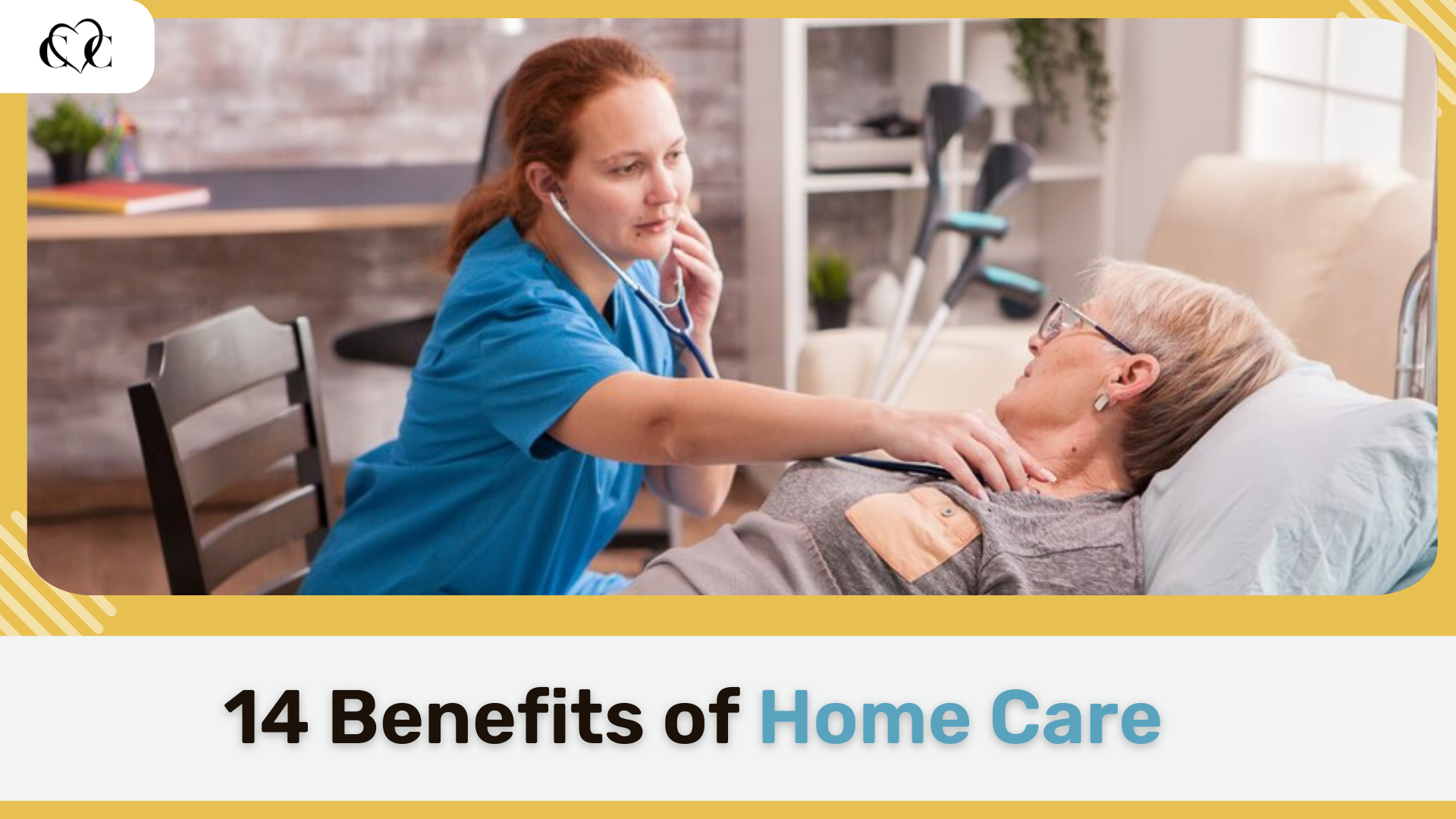May: A Time to Highlight Qualified Caregivers for Stroke Recovery
May, recognized as Stroke Awareness Month, presents an opportune time to discuss the profound impact a stroke can have on individuals and their families. Every year, strokes affect millions of people, often leading to significant physical, emotional, and financial challenges. An integral component of recovery is the involvement of qualified caregivers for stroke recovery, whose roles extend beyond basic care to become pivotal in the journey towards independence and improved quality of life for stroke survivors.
Understanding Stroke and Its Aftermath
A stroke occurs when the blood supply to part of the brain is interrupted or reduced, preventing brain tissue from getting oxygen and nutrients. Brain cells begin to die in minutes—a medical emergency that requires immediate attention. Following a stroke, survivors often face varying degrees of physical and cognitive impairments, ranging from mild difficulties in muscle control to severe disruptions in speech and mobility.
The Essential Role of Qualified Caregivers for Stroke Recovery
The road to recovery post-stroke is usually long and complex, making qualified caregivers for stroke recovery essential. These caregivers are not just family members but are often professionals trained to handle the specific needs of stroke survivors. Here’s how they can make a difference:
1. Expert Care and Management
Qualified caregivers for stroke recovery possess the knowledge to manage medical needs, administer medications, and recognize signs of complications or secondary strokes, which are critical in the initial weeks following a stroke.
2. Rehabilitation Support
Consistent and specialized rehabilitation is crucial for recovery. Qualified caregivers for stroke recovery coordinate with physical, occupational, and speech therapists to implement a tailored rehabilitation plan that maximizes recovery of mobility, speech, and self-care skills.
3. Emotional and Psychological Support
Stroke survivors often experience feelings of isolation, frustration, and depression. A caregiver’s emotional support is invaluable, helping to motivate and engage the patient through the recovery process, which can significantly affect their overall wellbeing and rehabilitation outcome.
4. Promoting Independence
One of the primary goals of caregiving is to help stroke survivors regain as much independence as possible. Through gradual encouragement and the teaching of adaptive techniques, caregivers empower patients to perform daily tasks themselves, which is crucial for their self-esteem and mental health.
5. Family Liaison and Education
Caregivers also play a critical role in educating family members about the stroke recovery process, helping them understand the challenges and expectations involved. This education helps families provide better support and make necessary adjustments to their homes and lifestyles.
Reflecting on the Importance of Qualified Caregivers for Stroke Recovery During Stroke Awareness Month
Stroke Awareness Month is a time to reflect on the serious nature of strokes and the profound difference that qualified caregivers for stroke recovery can make in the recovery process. As healthcare continues to advance, the role of caregivers remains fundamentally tied not just to the care they provide but also to the hope and independence they foster in stroke survivors. Let us use this month to spread awareness about the importance of caregiving in stroke recovery and encourage support systems to integrate skilled caregivers into their recovery plans.
Call to Action
If you or someone you know is recovering from a stroke, consider the benefits of enlisting qualified caregivers for stroke recovery. Their expertise and support can be crucial in navigating the challenging path to recovery. Please contact us at Caring Hearts Care to inquire about how our caregivers can help. Remember, every step forward is a victory.








